DOCTOR-DETECTIVES IN THE MYSTERY NOVEL by Howard Brody (Cambridge Scholars Publishing, 2021) Let me get my bias out of the way. I was the executive producer & head writer of the TV series DIAGNOSIS MURDER, and have written for many other TV mystery series, so I have a natural interest in the subject matter of doctor-detectives. However, I also wrote eight original DIAGNOSIS MURDER novels, which are discussed in a chapter of this book. That has no impact on my review, but you will have to take me at my word on that.
My biggest criticism of the book is the outrageous, indefensible, $68 price for a 375 page hardcover, which makes it highly unlikely that this fantastic reference work will reach the wide audience of mystery readers and writers it deserves, and that is a shame.
My second major criticism is also a veiled compliment. Brody does indepth analyses of many medical mystery authors and their works (like Kathy Reichs, Patricia Cornwell, Colin Cotterill, and Aaron Elkins among many many others)…and, in doing so, spoils many terrific mysteries by revealing the solutions (which is inevitable, given that he is analyzing how medicine is used to solve the crimes, reveal character, and further the plot). If you are interested in a particular author, or their work, do NOT read any of the examinations of the books or the pleasure of reading them will be ruined. However, if you *have* read the books, then his indepth reviews are a splendid and revealing addition to your experience.
Whether you are interested in medical detectives or not, this book is an invaluable resource for mystery writers, particularly the first four chapters, a study of the basics of mystery plotting. Brody also discusses the various types of mysteries and methods of investigation, the various tropes and cliches, the art of misdirection, and the key differences between a mystery ending “that makes perfect sense” and one that you “couldn’t guess the solution.” In many ways, these chapters serve as a primer on what to do, or not do, in crafting your own mystery.
He notes from the get-go the close ties between detective work and everyday medicine, arguing that being a doctor, and diagnosing a patient’s ailment, requires all the same skills and methods as people solving crimes. He makes a case that R. Austin Freeman (1907-1942) was the first, and best, of the medical mystery authors. Freeman is unknown to me and, I suspect, most mystery readers, most likely because he was a raging anti-Semite and eugenics proponent, and those attitudes permeate his work.
To be honest, I was less interested in his in-depth — and that is a huge understatement — explorations of every single work by Freeman and other very obscure, early authors than his broader comments about the craft of mystery writing, plot structure, and investigative techniques. If this book were more affordable — and that is also a huge understatement — I would enthusiastically recommend it as a necessary, fascinating, scholarly volume for every serious mystery writer and reader. I wish I had this book before I started writing DIAGNOSIS MURDER…. 🙂
PS – That has to be one of the ugliest, and laziest, book covers in the history of publishing. It really feels like the publisher didn’t give a damn whether the book sold or not. Baffling.
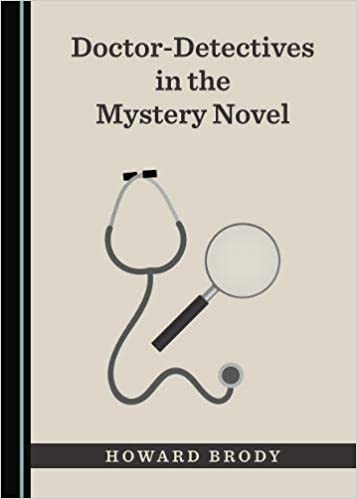
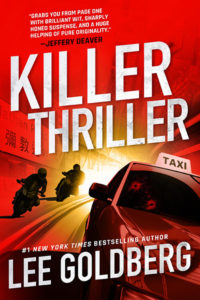 If you’ve read my novel
If you’ve read my novel 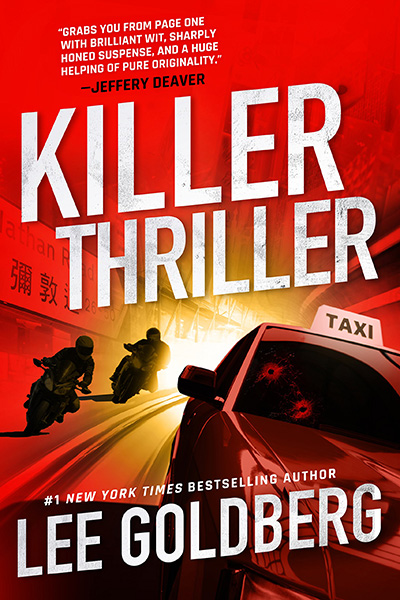
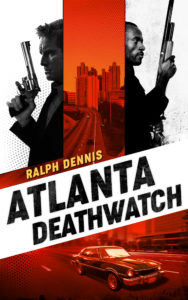 I’m excited to announce that I’ve
I’m excited to announce that I’ve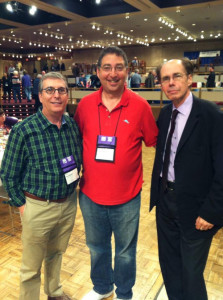
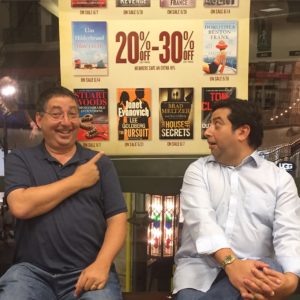

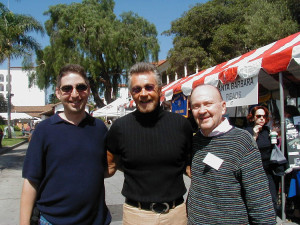
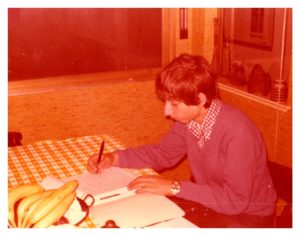


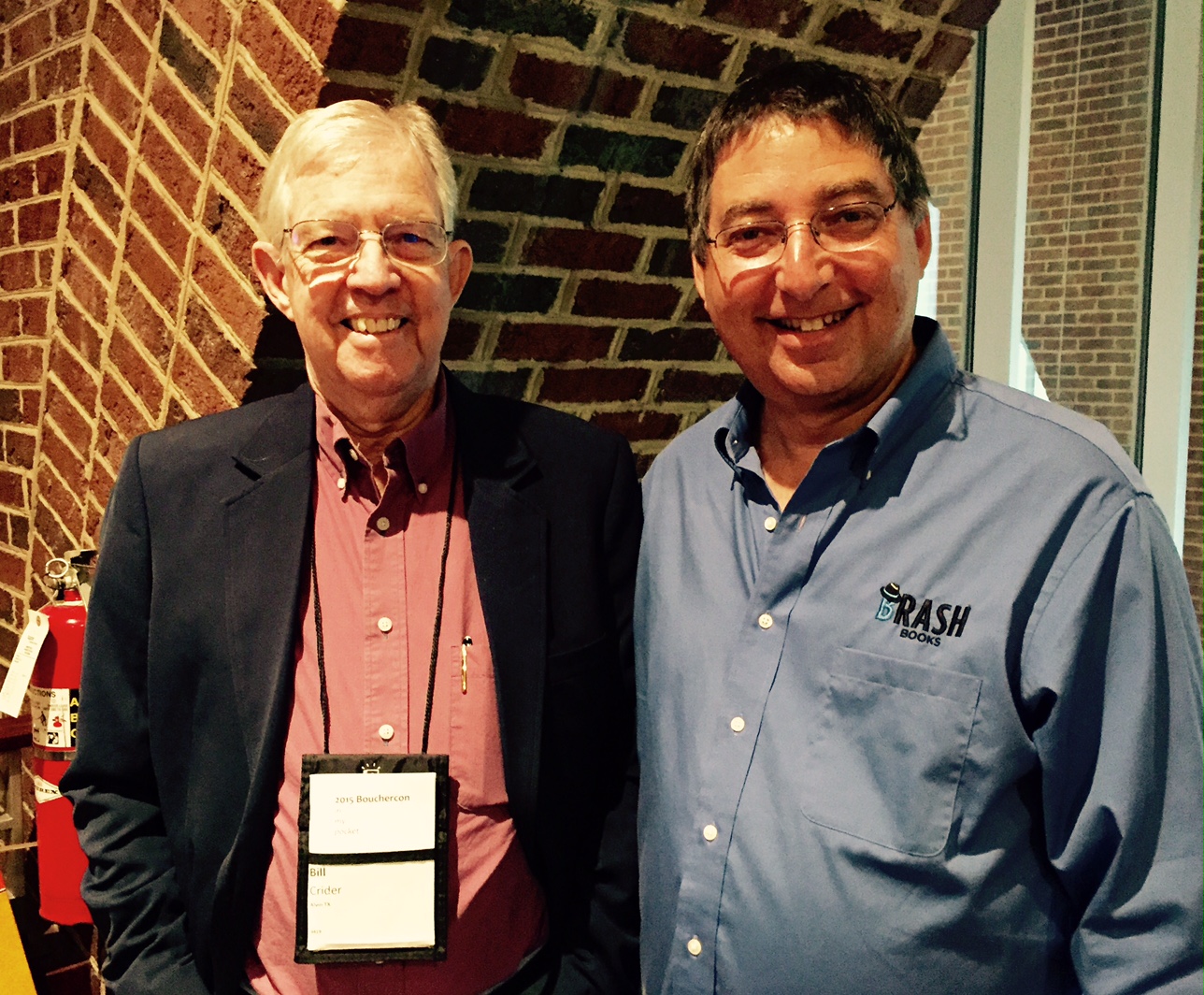
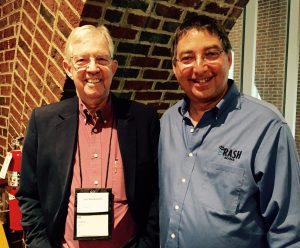 I was heartbroken to read this weekend that my friend
I was heartbroken to read this weekend that my friend 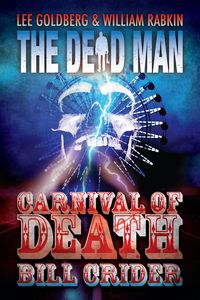 And I am honored that Bill has entrusted me with his terrific western novels
And I am honored that Bill has entrusted me with his terrific western novels